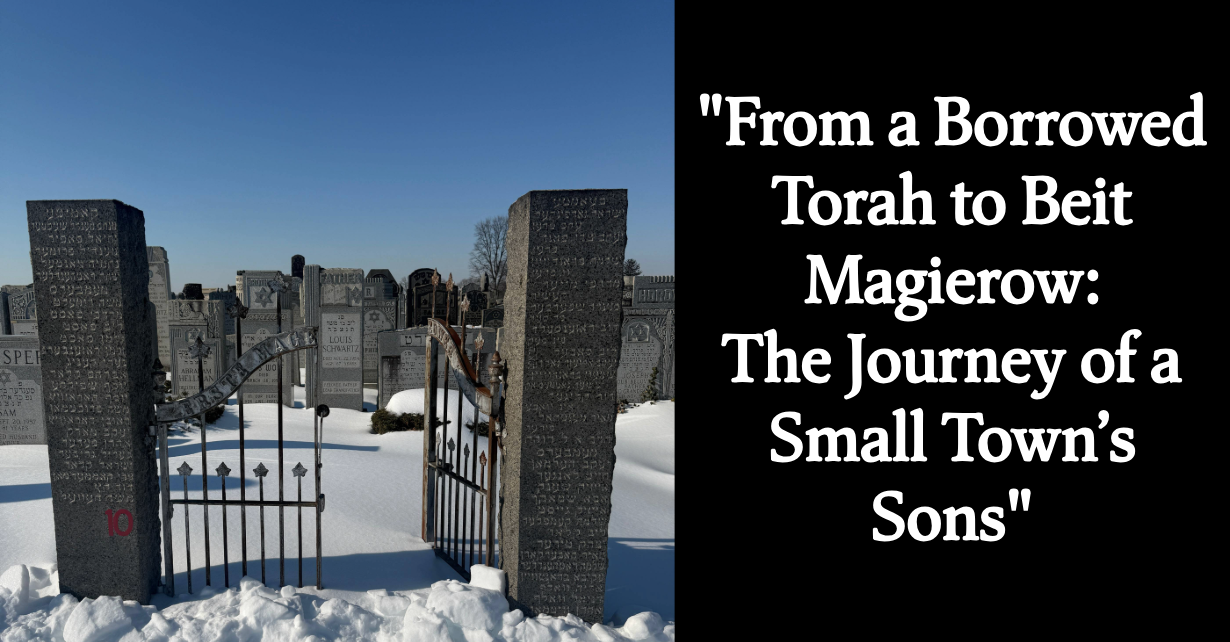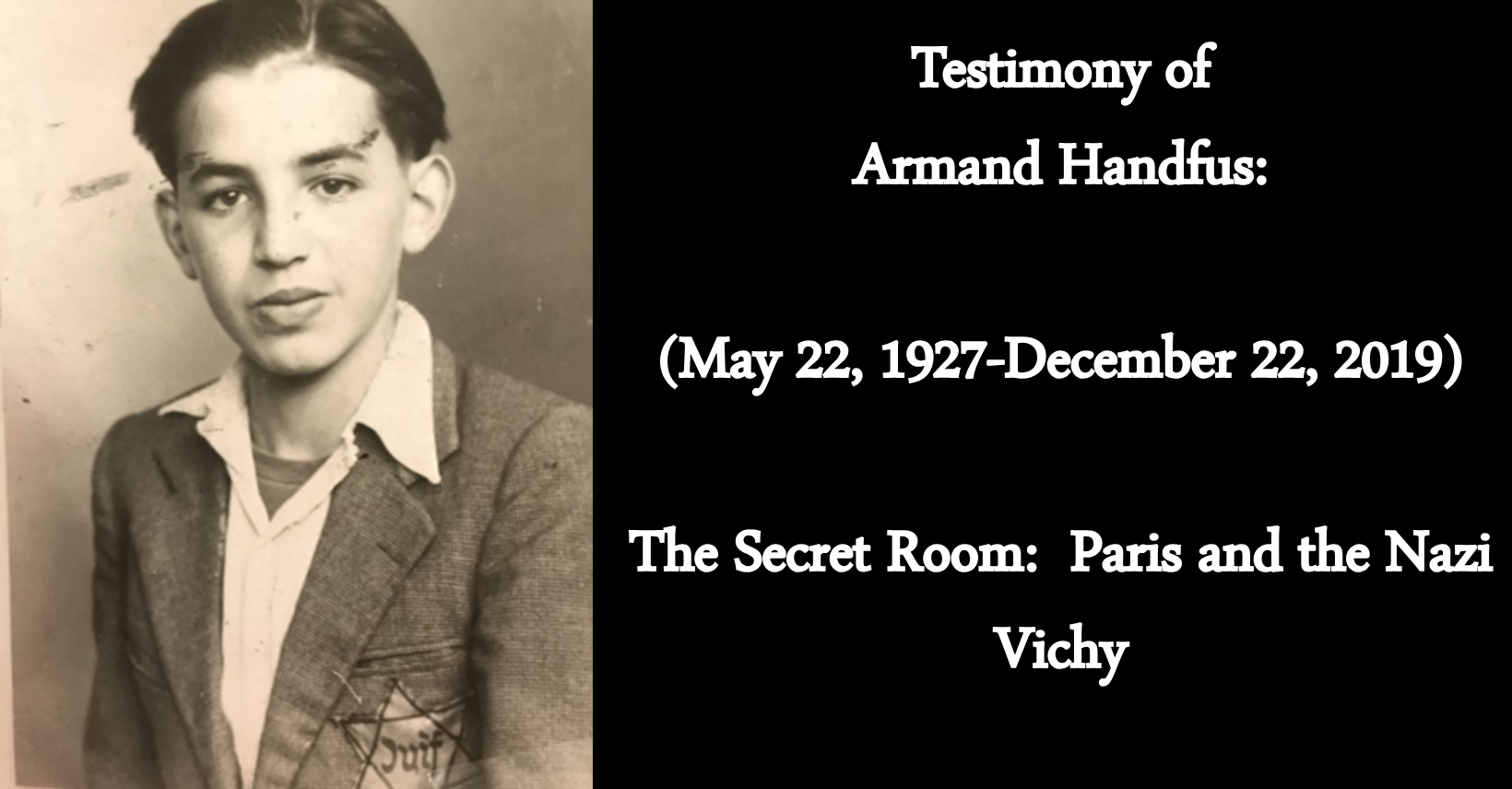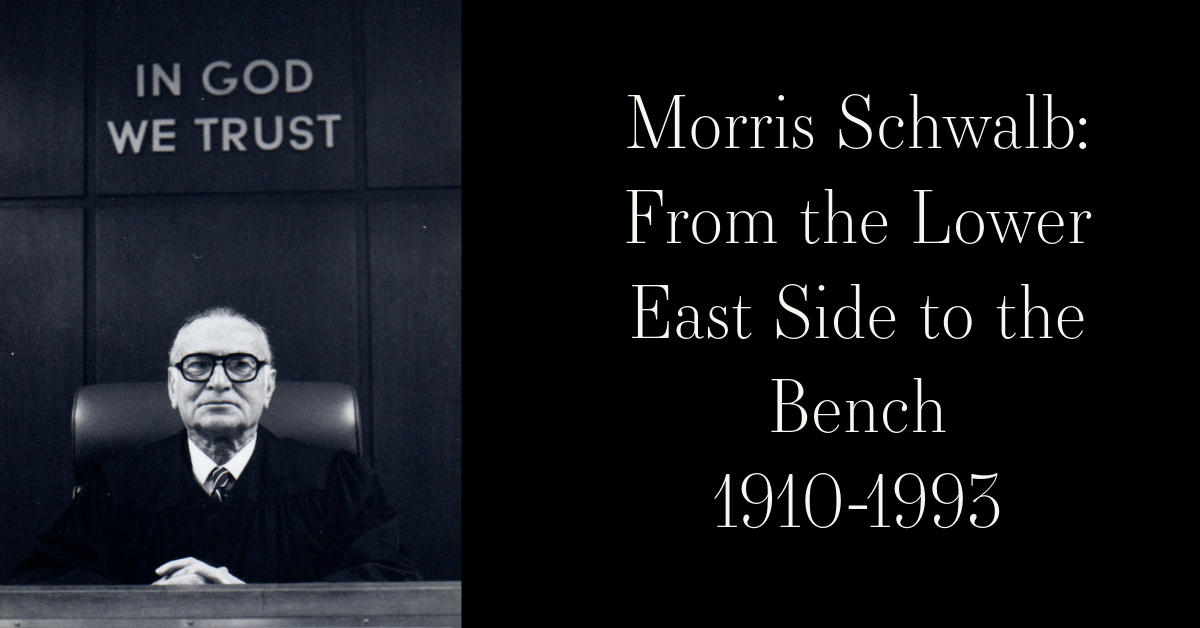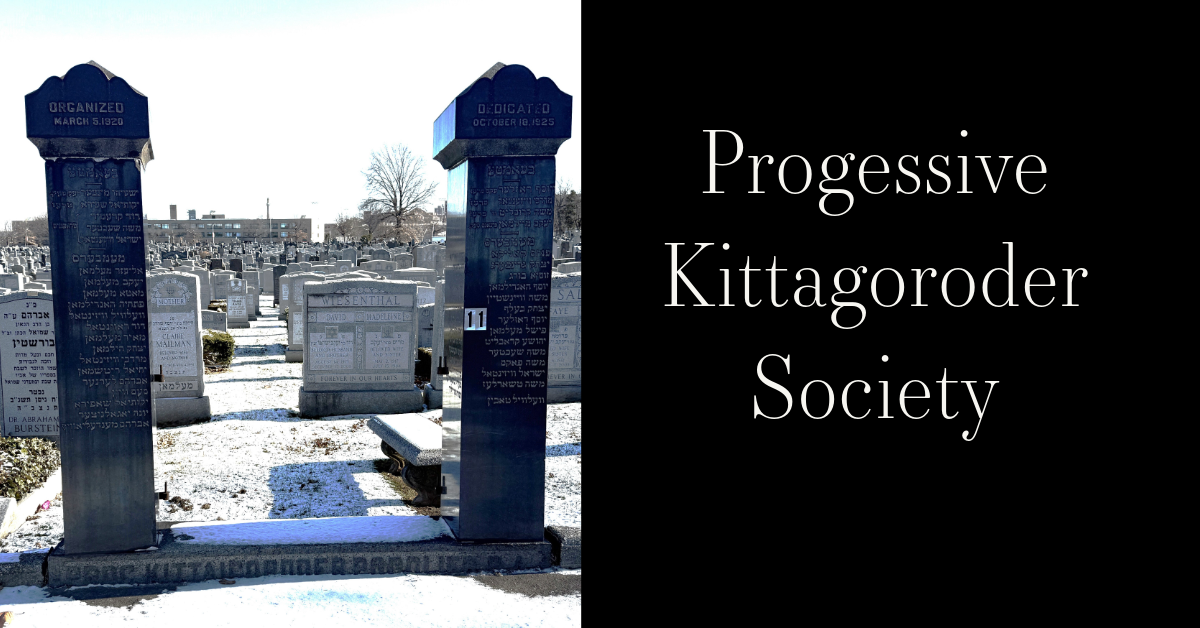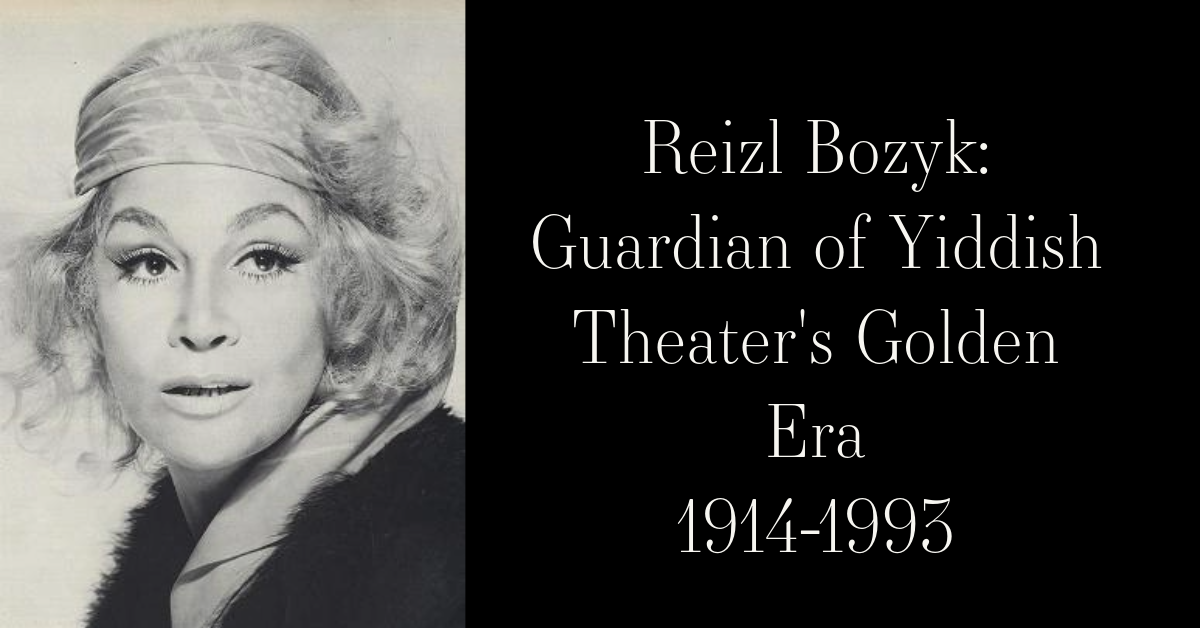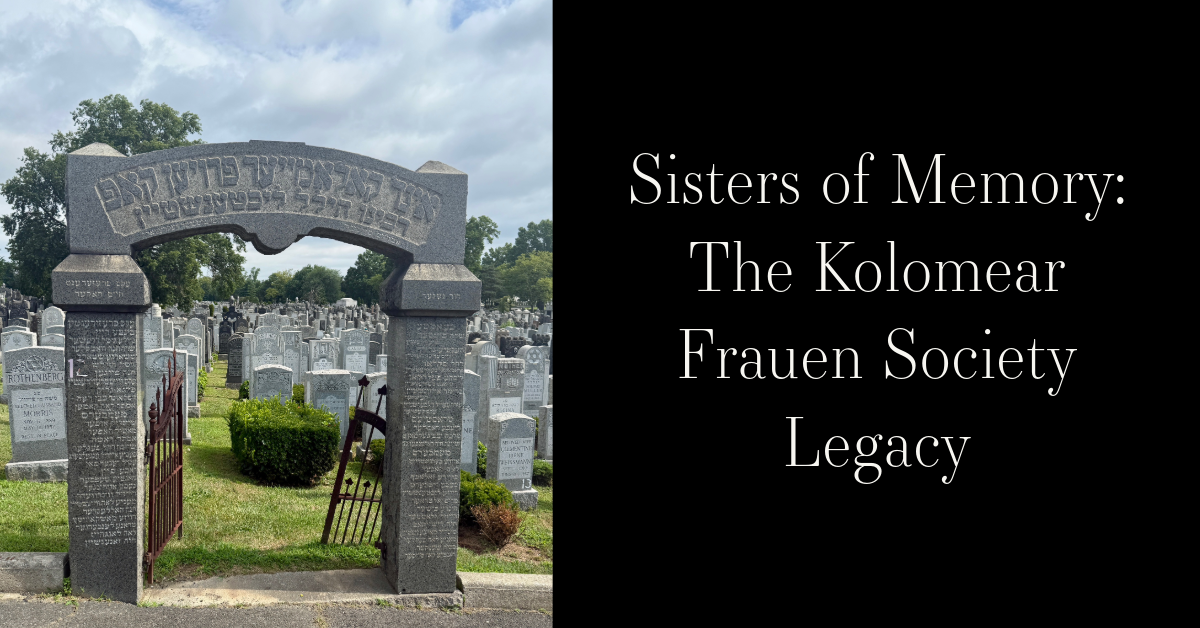Story Summary:
Raphael Lemkin was a Polish lawyer who coined the term genocide. Growing up, he was constantly interested in stories of ethnic and religious discrimination. He was also highly mindful of pogroms committed against Jews. Then, when Lemkin was in his 20s studying law, he discovered that the Ottoman Empire had massacred Armenians during World War I, an event now known as the Armenian Genocide. His conviction that international law should prohibit the annihilation of groups was motivated by his horror at historical and modern instances of group-targeted mass violence. Lemkin believed the suffering of Jews in eastern Poland was a component of a greater pattern of injustice and violence that went back in time and spread around the globe.
~Blog Written by Priya Perumal
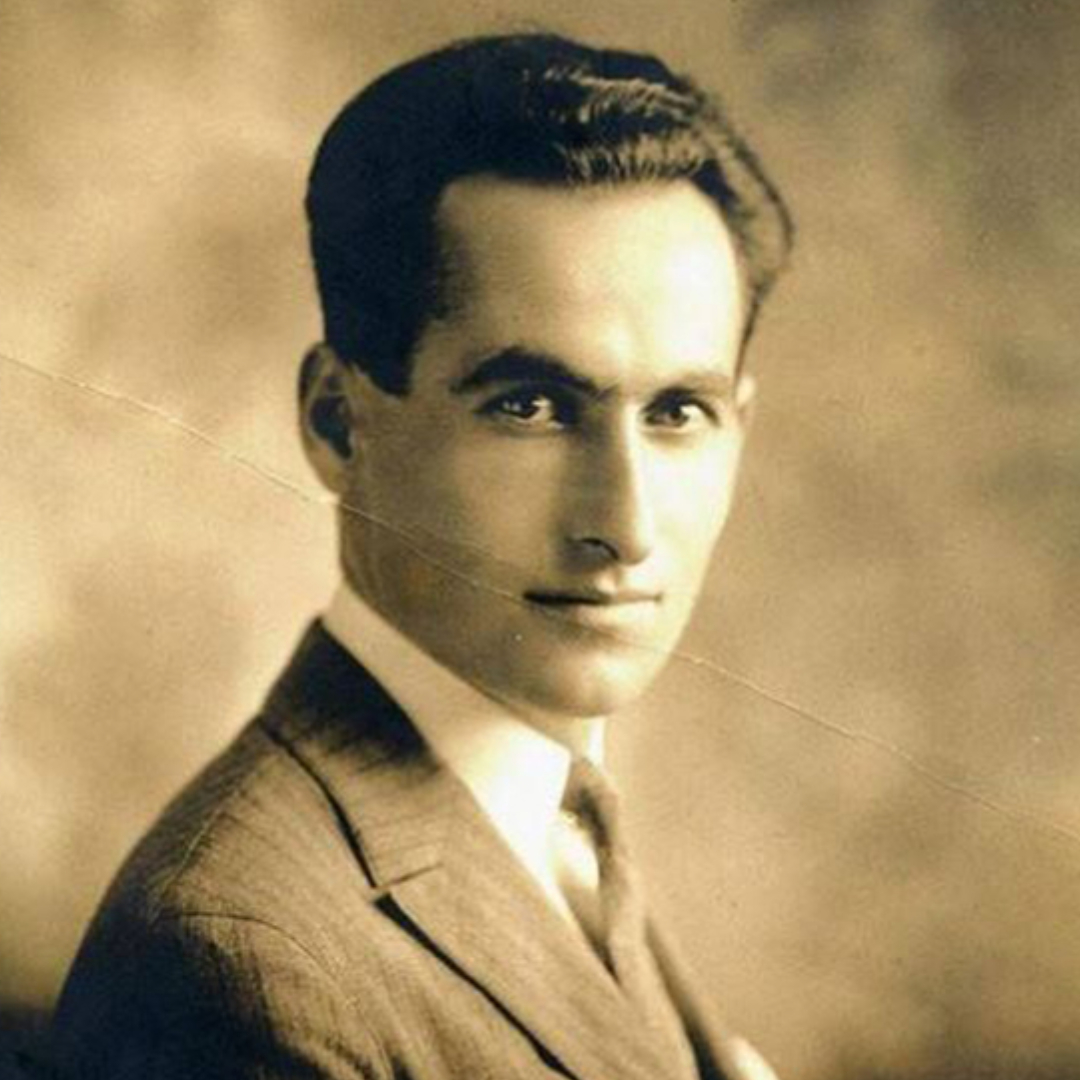
On June 24, 1900, Rafael Lemkin was born in Bezwodne, a village in the Volkovyssky Uyezd of the Grodno Governorate of the Russian Empire (current-day Belarus). He was one of three children born to Józef Lemkin and Bella (née Pomeranz) and raised in a Polish Jewish household on a sizable farm close to Wolkowysk. Lemkin and his brothers, Eliasz and Samuel, were taught at home by their mother. When Lemkin was 12 years old, he is said to have read Henryk Sienkiewicz's Quo Vadis and was particularly struck by the chapter when Nero throws Christians to the lions.
During World War 1, his family farm resided in an area where Germans and Russians were fighting. The family fled to the nearby forest, and in the process, Lemkin lost his brother Samuel.For some time, Lemkin studied at a trade school in Białystok before attending the Jan Kazimierz University of Lwów (now Lviv, Ukraine). It was there that he studied linguistics and eventually became a polyglot who spoke nine languages and had the ability to read fourteen. While in Białystok he became aware of the Armenian genocide. It was then that he became interested in laws against mass atrocities.
Lemkin was an assistant prosecutor in the District Court of Brzeany (now Berezhany, Ukraine) and Warsaw from 1929 to 1934. He was also secretary of the Committee on Codification of the Laws of the Republic of Poland and taught law at Tachkemoni College. He translated the Polish Penal Code of 1932 from Polish to English and made a presentation at the League of Nations conference on international criminal law in Madrid. In 1937, he was appointed a member of the Polish mission to the 4th Congress on Criminal Law in Paris and introduced the possibility of defending peace through criminal law.
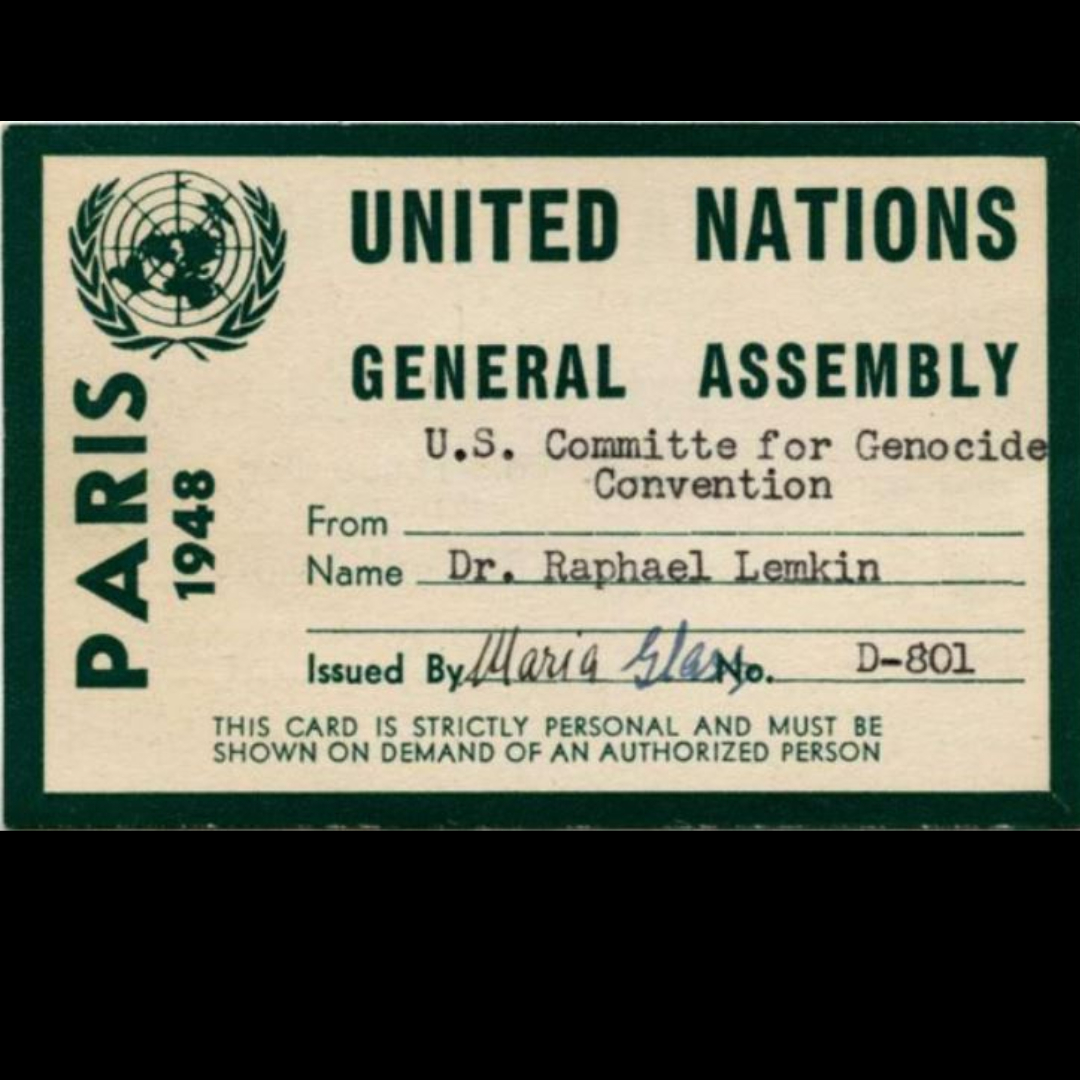
Lemkin fled from Europe when the German army invaded Poland and eventually made it to safety in the United States, where he accepted a position as a professor at Duke University. He would later find out that forty-nine of his relatives died in the Holocaust. He relocated to Washington, DC, in the summer of 1942 to work as an analyst for the War Department. In his 1944 book, Axis Rule in Occupied Europe, he described the atrocities committed by the Nazis. He first used the word "genocide" in this text. Axis Rule in Occupied Europe was published by the Carnegie Endowment for International Peace in November 1944. The definition of the term "genocide" and a thorough legal analysis of German rule in nations occupied by Nazi Germany during World War II were both included in this book. The international community broadly accepted Lemkin's theory that genocide violates international law, and it served as one of the legal foundations for the Nuremberg Trials. Robert H. Jackson, chief attorney for the Nuremberg Trial and a justice on the Supreme Court of the United States, hired Lemkin as an advisor between 1945 and 1946. The book became a staple in the fields of Holocaust studies, totalitarianism, mass murder, and genocide research.
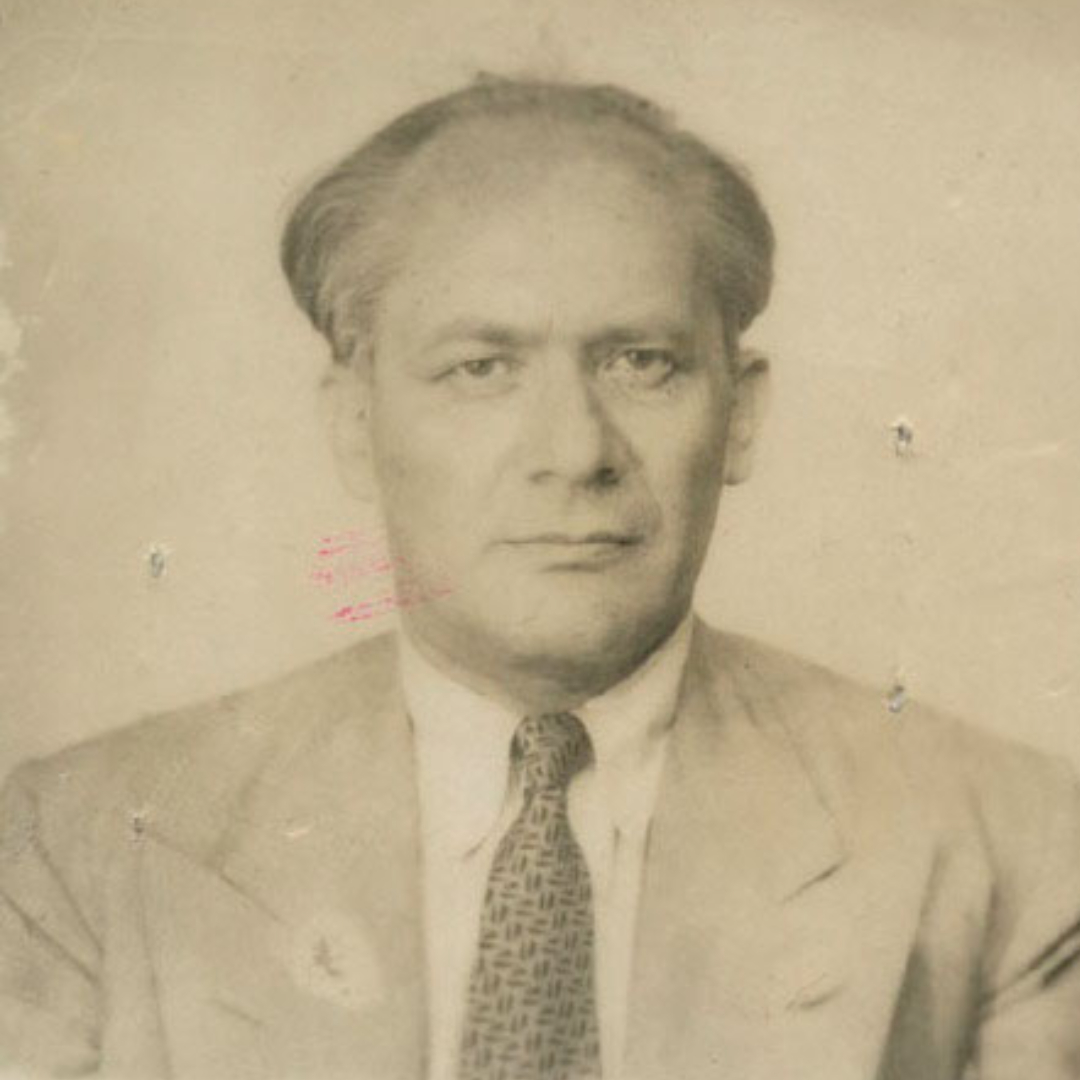
After the war, he continued his campaign for international laws defining and forbidding genocide. He proposed a ban on crimes against humanity during the Paris Peace Conference of 1945, but his proposal was turned down. In 1951, the Convention on the Prevention and Punishment of the Crime of Genocide was formally presented and adopted. Lemkin also recognized the Ukrainian Holodomor and applied the term 'genocide' in his 1953 article. He asserted that the Holodomor was a product of the Russification of Ukraine.
Lemkin worked tirelessly after the war to persuade the UN to adopt a convention against genocide, which was eventually successful in 1948. He continued to advocate for human rights until his death in 1959.
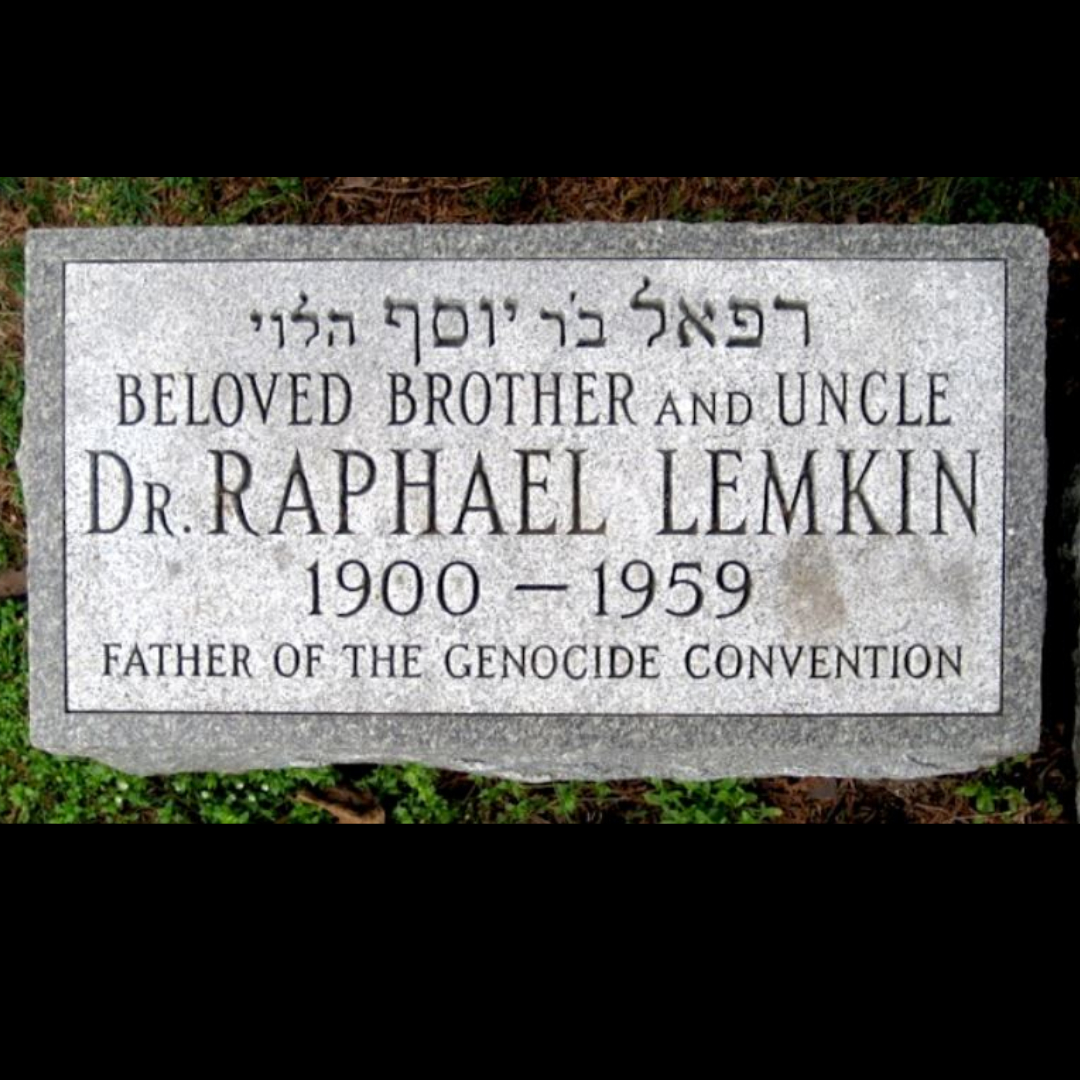
Sources:
https://encyclopedia.ushmm.org/content/en/article/coining-a-word-and-championing-a-cause-the-story-of-raphael-lemkin
https://www.facinghistory.org/resource-library/raphael-lemkin-genocide-convention
https://edition.cnn.com/2008/WORLD/europe/11/13/sbm.lemkin.profile/
https://en.wikipedia.org/wiki/Raphael_Lemkin
~Blog Written by Priya Perumal







